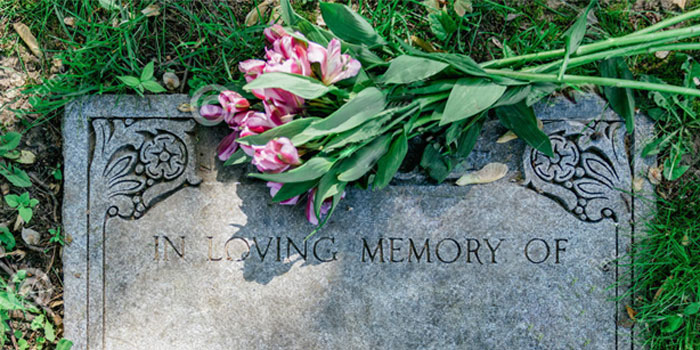

Find relatives and friends who can understand your feelings of loss. There are many ways to cope effectively with your pain. The best thing you can do is allow yourself to grieve. It is only natural to experience grief when a loved one dies. Living with GriefĬoping with death is vital to your mental health. Seeking counseling during the first weeks after the suicide is particularly beneficial and advisable. Survivors may even feel responsible for the death. They may leave the survivors with a tremendous burden of guilt, anger and shame. At this time, feelings of loneliness may be compounded by the death of close friends.Ī loss due to suicide can be among the most difficult losses to bear. The death may necessitate major social adjustments requiring the surviving spouse to parent alone, adjust to single life and maybe even return to work.Įlderly people may be especially vulnerable when they lose a spouse because it means losing a lifetime of shared experiences. In addition to the severe emotional shock, the death may cause a potential financial crisis if the spouse was the family's main income source. Parents may also feel that they have lost a vital part of their own identity.Ī spouse's death is very traumatic. Parents may feel responsible for the child's death, no matter how irrational that may seem. Your reactions are also influenced by your relationship with the person who died.Ī child's death arouses an overwhelming sense of injustice - for lost potential, unfulfilled dreams and senseless suffering. Your reactions are influenced by the circumstances of a death, particularly when it is sudden or accidental. The death of a loved one is always difficult. An obsession with the deceased is also a common reaction to death. These reactions include anxiety attacks, chronic fatigue, depression and thoughts of suicide. Existing illnesses may worsen or new conditions may develop.

Of all life's stresses, mourning can seriously test your natural defense systems. Stomach pain, loss of appetite, intestinal upsets, sleep disturbances and loss of energy are all common symptoms of acute grief. Many people report physical symptoms that accompany grief. Someday those feelings will need to be resolved or they may cause physical or emotional illness. At first it may seem helpful to separate yourself from the pain, but you cannot avoid grieving forever. Often, death is a subject that is avoided, ignored or denied. It is very important to allow yourself to express these feelings. For instance, crying is a physical expression, while depression is a psychological expression. Your grief is likely to be expressed physically, emotionally, and psychologically. Grieving is the outward expression of your loss. Mourning is personal and may last months or years.

Mourning may include religious traditions honoring the dead or gathering with friends and family to share your loss. Mourning is the natural process you go through to accept a major loss. It is not easy to cope after a loved one dies. You never stop missing your loved one, but the pain eases after time and allows you to go on with your life. Remember: It takes time to fully absorb the impact of a major loss. But be assured that these feelings are healthy and appropriate and will help you come to terms with your loss. You may even begin to doubt the stability of your mental health. You may not be prepared for the intensity and duration of your emotions or how swiftly your moods may change. These feelings are normal and common reactions to loss. Some emotions you may experience include: Many people report feeling an initial stage of numbness after first learning of a death, but there is no real order to the grieving process. When a death takes place, you may experience a wide range of emotions, even when the death is expected. After the death of someone you love, you experience bereavement, which literally means "to be deprived by death." Knowing What to Expect The loss of a loved one is life's most stressful event and can cause a major emotional crisis. In fact, death gives meaning to our existence because it reminds us how precious life is. In our hearts, we all know that death is a part of life.


 0 kommentar(er)
0 kommentar(er)
